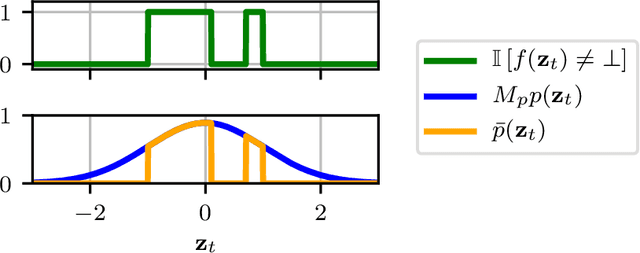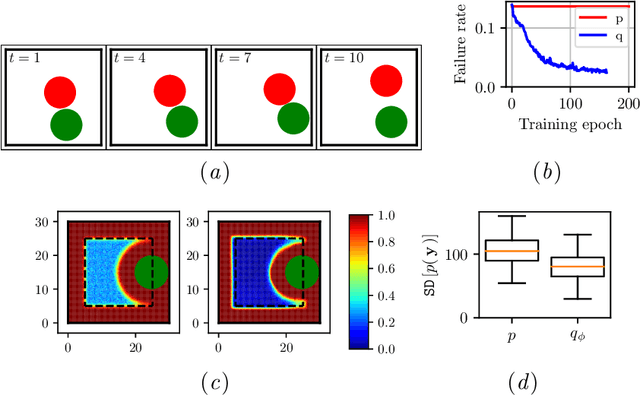Coping With Simulators That Don't Always Return
Paper and Code
Mar 28, 2020



Deterministic models are approximations of reality that are easy to interpret and often easier to build than stochastic alternatives. Unfortunately, as nature is capricious, observational data can never be fully explained by deterministic models in practice. Observation and process noise need to be added to adapt deterministic models to behave stochastically, such that they are capable of explaining and extrapolating from noisy data. We investigate and address computational inefficiencies that arise from adding process noise to deterministic simulators that fail to return for certain inputs; a property we describe as "brittle." We show how to train a conditional normalizing flow to propose perturbations such that the simulator succeeds with high probability, increasing computational efficiency.
 Add to Chrome
Add to Chrome Add to Firefox
Add to Firefox Add to Edge
Add to Edge